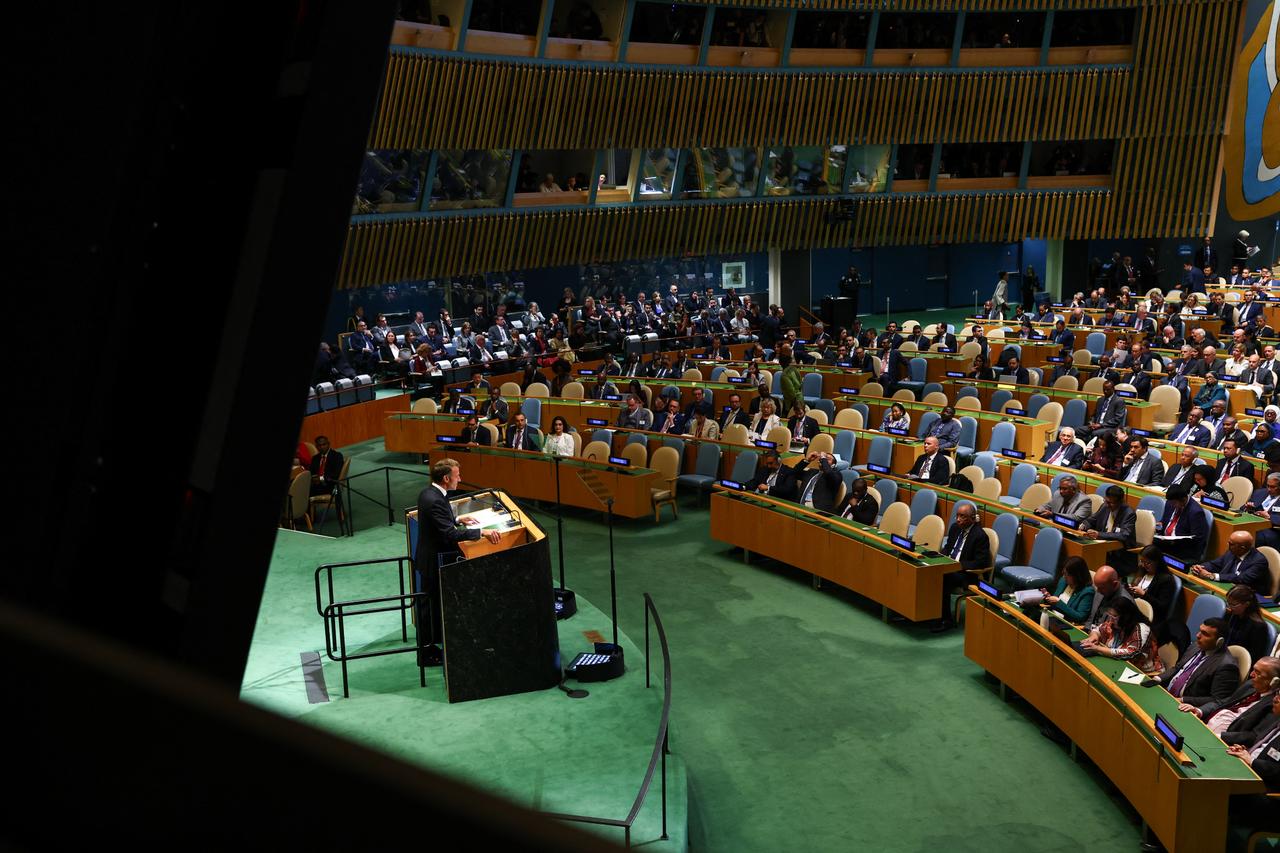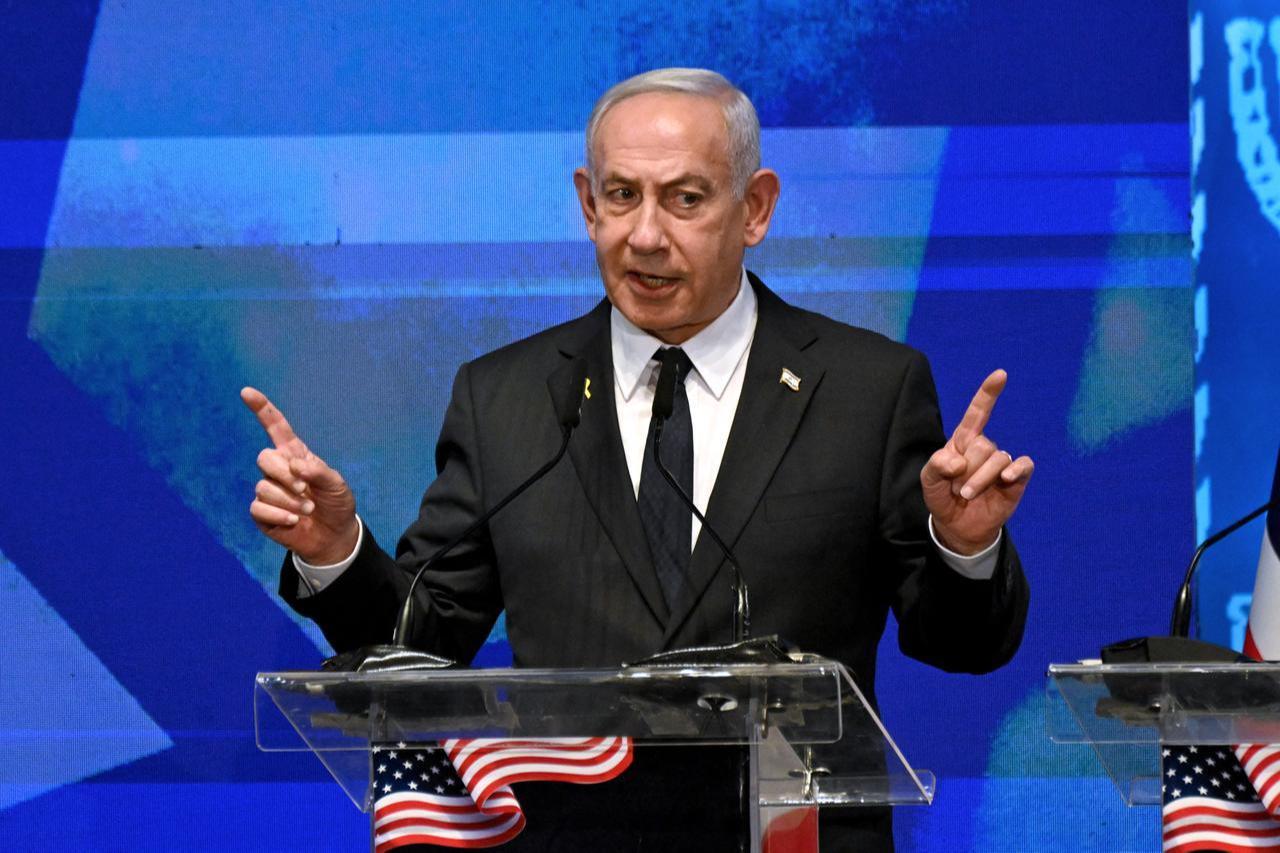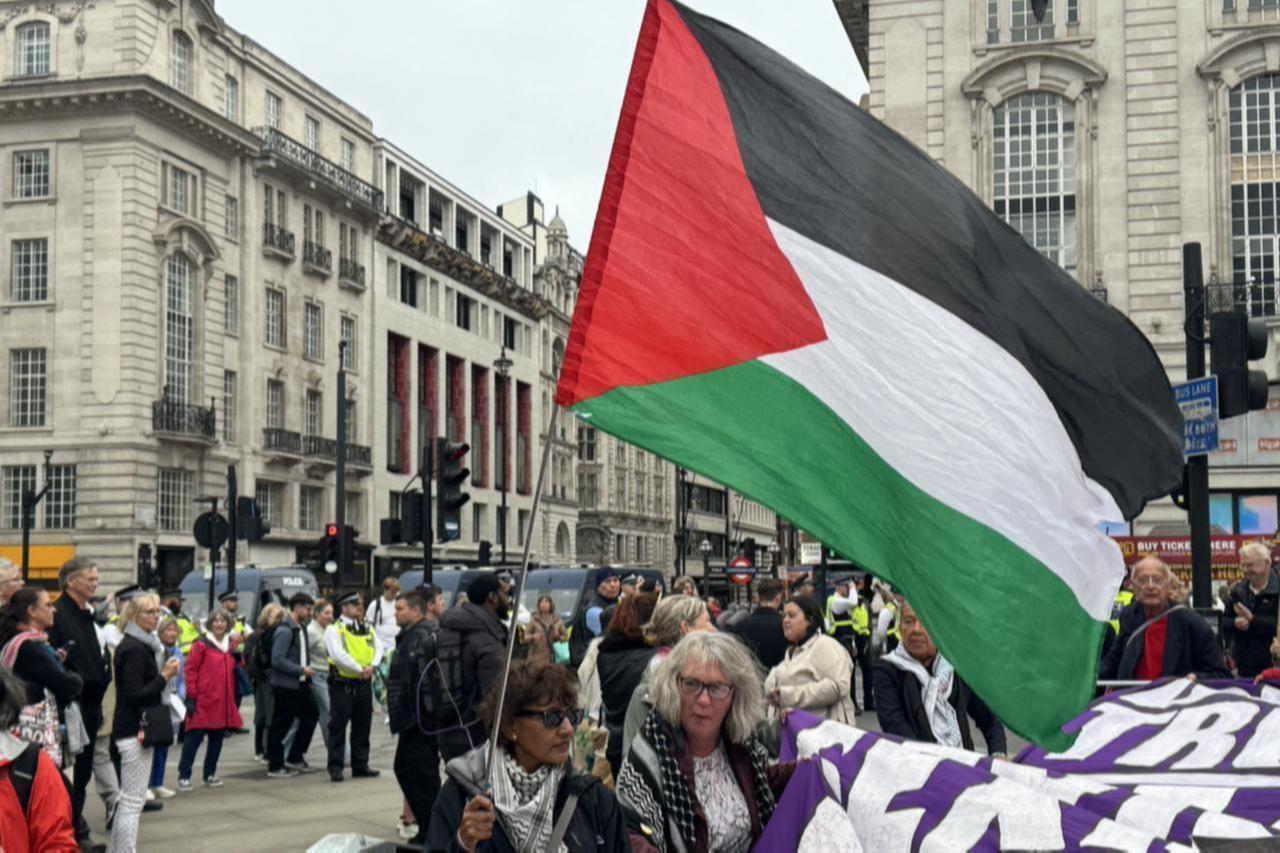
French President Emmanuel Macron announced Monday his country's recognition of a Palestinian state during a United Nations summit, joining a growing list of Western allies taking the diplomatic step despite fierce opposition from Israel and the United States.
Speaking at the summit co-hosted by France and Saudi Arabia, Macron framed the recognition as an urgent peace initiative tied to the ongoing Gaza conflict that has claimed tens of thousands of lives since Hamas's Oct. 2023 attack on Israel.
"The time for peace has come, as we are just moments away from no longer being able to seize it," Macron declared. "The time has come to free the 48 hostages held by Hamas. The time has come to stop the war, the bombings of Gaza, the massacres and the displacement."
Australia, Britain, Canada and Portugal had joined France in recognizing Palestinian statehood ahead of the summit, creating a coordinated Western diplomatic offensive that has drawn sharp rebukes from Israeli officials and the Trump administration.
Macron made clear that France would condition opening an embassy to the Palestinian state on the release of hostages captured during Hamas's October 7, 2023 attack, which killed 1,219 Israelis according to official data. The assault triggered Israel's military response that has since killed 65,062 Palestinians, mostly civilians, according to the Hamas-run health ministry — figures the UN considers reliable.

Israel's UN Ambassador Danny Danon warned of unspecified retaliation, telling reporters the recognition amounted to "supporting terrorism." Israeli Prime Minister Benjamin Netanyahu has repeatedly cautioned France against the move, while far-right coalition members have threatened West Bank annexation to prevent Palestinian statehood.
The United States, Israel's primary military and diplomatic backer, unsuccessfully lobbied allies to abandon their recognition plans. White House Press Secretary Karoline Leavitt characterized President Donald Trump's position as viewing Palestinian recognition as "a reward to Hamas."
"So he believes these decisions are just more talk and not enough action from some of our friends and allies," Leavitt said.
Germany broke ranks with European partners, declining recognition while maintaining support for a negotiated two-state solution. German Foreign Minister Johann Wadephul emphasized that "a negotiated two-state solution is the path that can allow Israelis and Palestinians to live in peace, security and dignity."

The summit convened more than 140 world leaders in New York, though Palestinian President Mahmud Abbas was forced to participate virtually after U.S. authorities denied him a visa. Israel announced it would skip Tuesday's emergency UN Security Council meeting on Gaza, citing the Jewish New Year.
Analysts questioned whether the symbolic recognitions would translate into meaningful change on the ground. Max Rodenbeck, Israel-Palestine project director at the International Crisis Group, warned that "unless backed up by concrete measures, recognizing Palestine as a state risks becoming a distraction from the reality, which is an accelerating erasure of Palestinian life in their homeland."
Netanyahu reiterated Sunday his opposition to Palestinian statehood while vowing to expand Israeli settlements. Two far-right ministers, Itamar Ben Gvir and Bezalel Smotrich, have called for full West Bank annexation.
The diplomatic initiative comes as international pressure mounts on Israel over its Gaza operations, with the recognition serving as the strongest Western rebuke of Israeli policies since the conflict began.